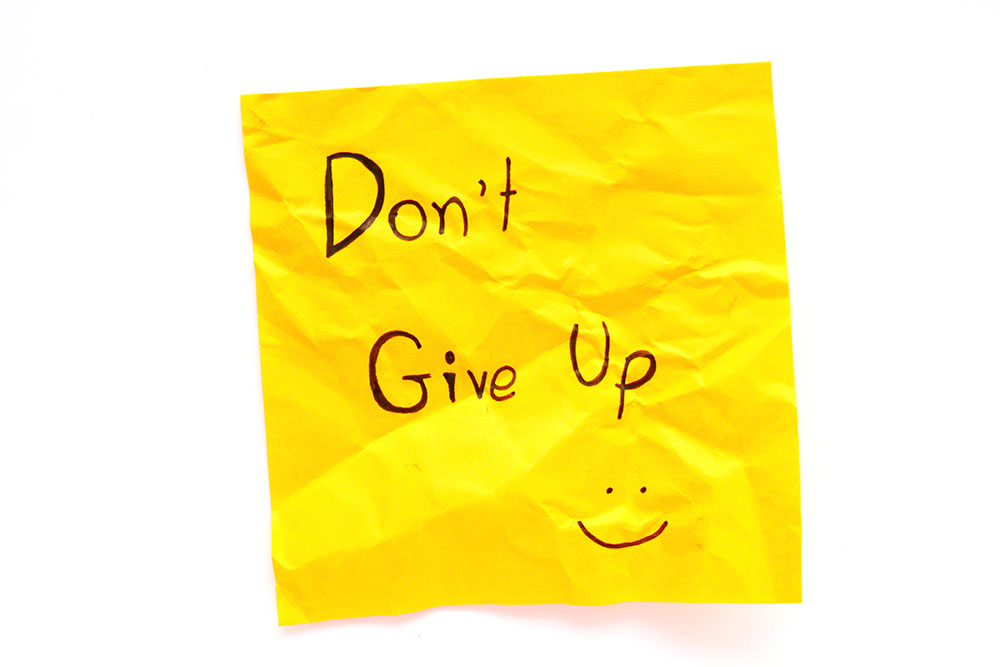If you've ever self-harmed (also known as non-suicidal self-injury, or NSSI), you know that the need to hurt yourself might come on suddenly or in response to particular triggers. As a result, having a toolbox of coping mechanisms on hand to help you resist the temptation when it strikes is always beneficial. This is especially relevant in light of the new coronavirus pandemic. Coping with anxiety, loneliness, despair, and overwhelming feelings is difficult enough, but all of this social isolation may have left you without your usual resources and support networks exactly when you need them the most.
First, let’s understand why people engage in self-harming behaviours. Self-harm occurs for a variety of reasons, and understanding your motivation and triggers can help you select the coping tactics that will be most beneficial to you. When people self-harm, they typically describe one of two urges: either they have too much emotion and commit self-harm to release it, or they feel emotionally numb, and do it to feel something.
Other reasons people self-injure, according to a 2014 study by the Canadian Psychiatry Association, are to punish themselves, to create physical symptoms of emotional anguish, and to relieve rage. Whatever drives you to self-harm, you might be able to satisfy a desire in a less destructive way.
Understanding why you self-harm also entails learning to understand what sensations and situations trigger the urge so you may better employ your coping techniques. That way, you can devise a long-term strategy for dealing with the situation and make better choices in the event of a crisis.

While long-term self-harm is best treated with the assistance of a professional, experts propose several coping methods and self-harm alternatives to help you deal with powerful cravings in the moment. Here are some alternatives you can try out when you feel the need to harm yourself. However, it must be noted that not all of these will apply to everyone, so it best to take stock of what works best for you:
1. Tear apart a newspaper, old papers, photos, or magazines. The aim of this activity is to divert your feelings onto something external, instead of internalising it. Once you do this, you will find yourself calming down and effectively tackle the urge to harm yourself.
2. Put on a stopwatch, and delay harming yourself by a minute, and then another. Keep doing this for however long you wish to, and congratulate yourself for making it past every minute. The idea is to delay the process as much as possible, till the urge subsides.

3. Shock your body, by either holding ice cubes in your hand or under your tongue, and by taking an ice-cold shower. This external stimulant diverts your mind from your thoughts, and focuses on regulating your body temperature and your emotions in the process.
4. Have a watchlist of funny videos or a playlist with your favourite songs ready for when you’re feeling jittery. These will distract you for as long as you need, and help push the intrusive thoughts away.
5. Take a journal and note down all your thoughts and feelings. Write as much as possible, and treat the empty pages as a canvas for releasing all your pent up emotions. In the long run, your journal will also provide insights into your thought patterns, which can help you cope with the situation better.

6. Reach out to a trusted friend or family member with whom you can share your emotions. Sometimes, knowing that a loved one is there for you can help you reconsider your decision and help you overcome the intrusive thoughts that often flood your mind in such scenarios.
7. Take a pillow, and punch it as much as you can, with all the power you have. Alternatively, you can also cry and scream into it. Let out all your emotions. Once you’re done, you’ll notice how much lighter you feel and were able to express yourself without any injuries.
8. A change of environment is recommended by experts every time you start feeling overwhelmed. It may seem difficult to move, but try to go outside for a walk, or just move to a different setting inside the house. In a new setup, focus on the details that catch your eye, and you’ll see how your thoughts change direction.

9. Never underestimate the power of words. They do have the power to heal, especially what you say to yourself. A common suggestion made by experts is to write down words of encouragement and affirmations (for example, “I deserve to live”, “I am worthy”, etc.) on a sticky note and stick them on places in your body where you want to hurt yourself. Once you see these words, the feeling of hurt is likely to be replaced with a feeling of contentment, thus diminishing the chances of you hurting yourself.
10. If you find the desire to hurt yourself quite overwhelming, reach out to a crisis line. The volunteers are trained to handle such situations and can guide you through your emotions. There are several suicide prevention helplines across India, which are free of cost, and are available during various hours of the day.